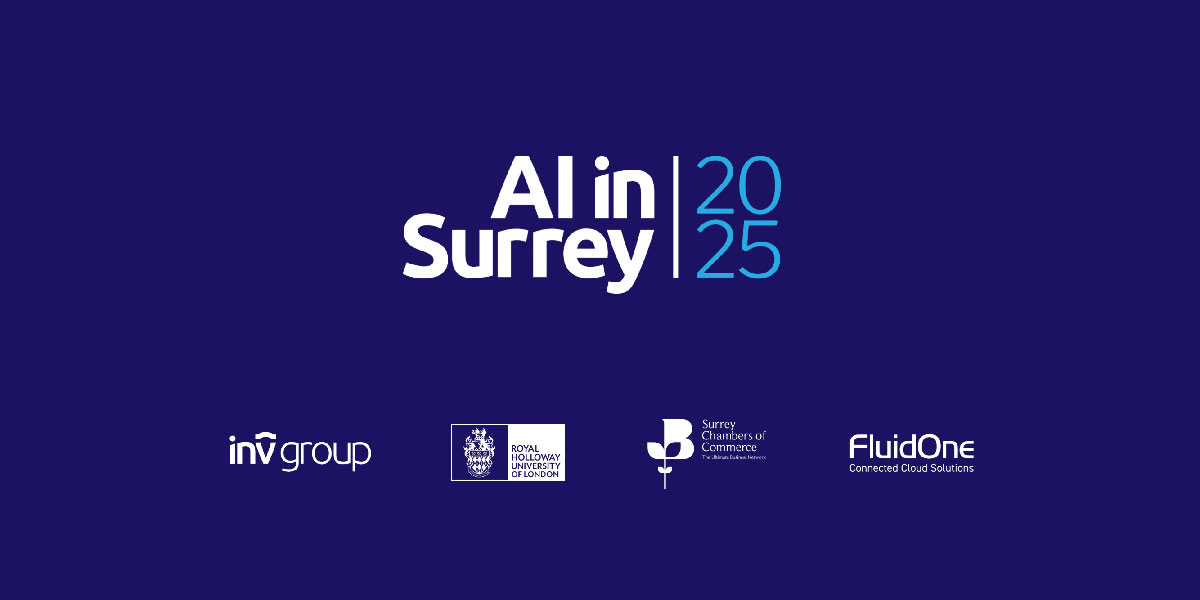As multiple reports have shown, there’s a global talent shortage that could cost the world’s economies about $8.5 trillion in unrealized annual revenue. It is already fairly evident that governments and organizations will need to establish adequate recruitment strategies to attract talent to close the skills gap, which is almost double what it was a decade ago. Incoming workers will demand flexibility, shorter commutes or no commute at all, better, more emotionally intelligent leadership, and better learning and career development pathways. Above all, they will care more about purpose.
Purpose will become increasingly important because the ongoing pandemic has mediated people’s perspective on what is important. More than two-thirds of employers believe that the pandemic will have a serious impact on employee well-being, and consider improving their mental health services and resilience management one of their priorities for the beginning of 2021. More companies will need to equip their workforce for remote working with equipment and fast broadband services, as three-quarters of employees are happier working from home than returning to their previous office lives.
Partly, this has to do with flexibility and locus of control. Being able to enjoy more freedom on how they schedule their working day helps people cope with the challenges and stresses of work. In office environments, micromanagement is much more prevalent. Meetings can be arranged in minutes by a manager herding people with a sense of emergency that doesn’t respect other people’s work plan for the day. Over long periods of time, a lack of autonomy can exacerbate the symptoms of stress and cause severe anxiety. When employees enjoy more autonomy in their work, engagement goes up and burnout goes down.
It’s clear that 2020 brought some significant challenges to the workplace, shaking the foundations of what we consider the workplace and what we think about working from home (so often seen as skiving in the pre-pandemic world). A recent Mercer study surveying more than 800 employers showed that 94% of employers surveyed said their company’s productivity was the same or higher than it was pre-pandemic, even with most of their workforce now working remotely. Amazon, Google, Salesforce, Siemens, Zillow and many others have now settled into remote-working frameworks as it has become clear that this enforced shift through COVID-19 lockdowns has not affected their productivity.
In a study published by Aetna, 70% of employers said they believed their provision of health and wellness services was adequate. Only 23% of employees agreed. This, and the discrepancy between provision of mental healthcare and the amount of take-up (employees often do not visit their occupational health officers for mental health reasons, even when severely afflicted by stress, because of the stigma associated with it), means employers must do more in 2021 than they ever have, and in more holistic ways, addressing all aspects of care including mind and body components.
Whilst the above shows that the unprecedented challenges 2020 brought the world of work came with important, fruitful lessons, we are going to need better tooling to face this. Artificial Intelligence systems will need to be built that do not just ‘spot’ when employees might churn or become mentally distressed but that predict evolving needs and can build models of benefits investment that change with the changing needs of the organisation and its people. Equal benefits for blended families, LGBTQ+ extended families and parental leave, as well as flex-time policies for these.
Will physical office spaces still play a role?
There will always be a need to meet face to face, to work together on major projects that need physical processes, and obviously, in the many fields where physical presence is required and ‘office space’ is replaced by factory floors, farming fields and hospital wards, there will always be a need to gather.
What 2021 will bring to all of us is an opportunity to understand the surprising lessons 2020 brought, and to create a more inclusive, better managed, more mindful working practice across the many sectors where remote working is possible, and where the shared purpose of work is acted on with a shared passion for caring about the welfare of our co-workers.
Above all, to adequately address the ever-rising global talent shortage, we will all need to focus on making work accessible for non-traditional labour groups. Freelancers. The non-neurotypical. New types of families. The aged and ageing and disability groups who have until now simply not been able to enter typical white-collar fields of work.
It will be a more representative, inclusive, and diverse workforce, and with this diversity and mindful working practice, will undoubtedly come better output, better products, and better lives.
This article was originally posted on the Forbes website





